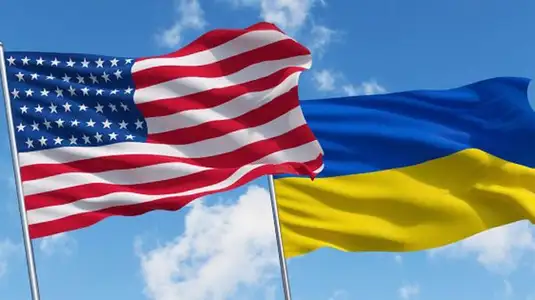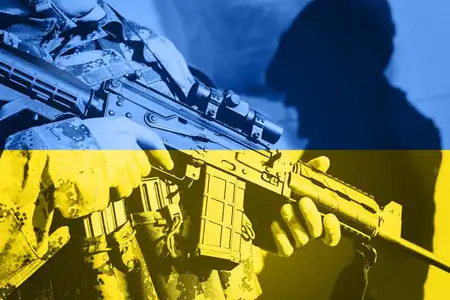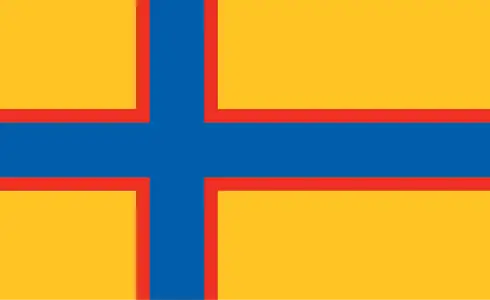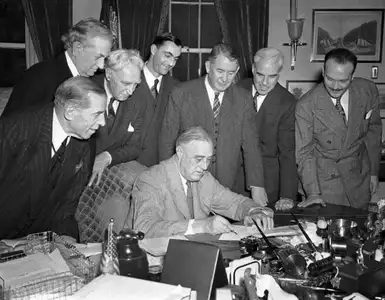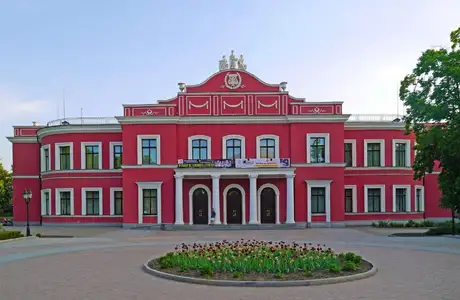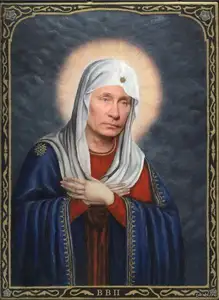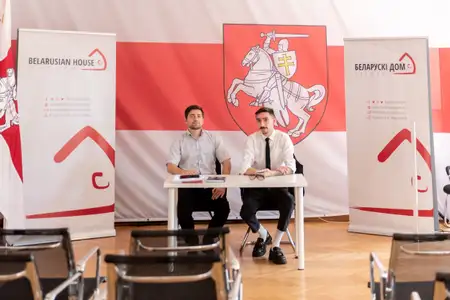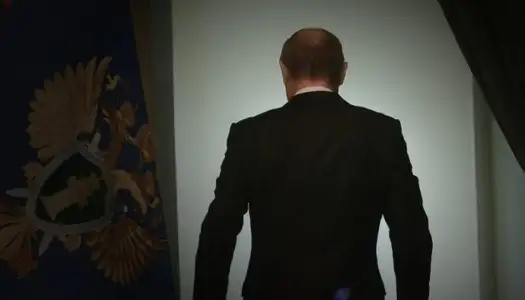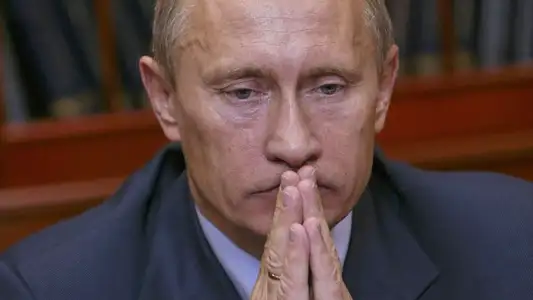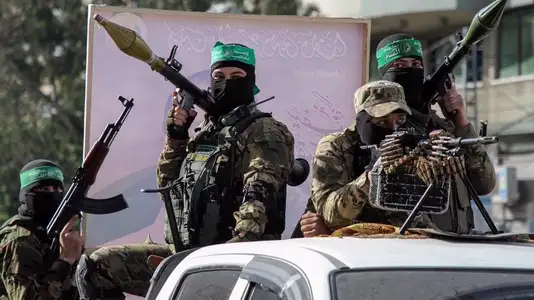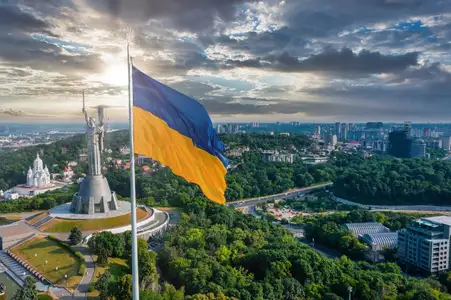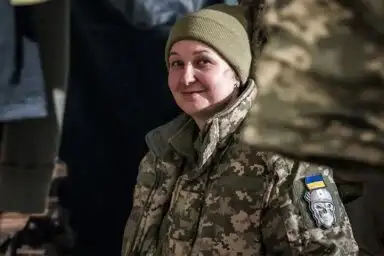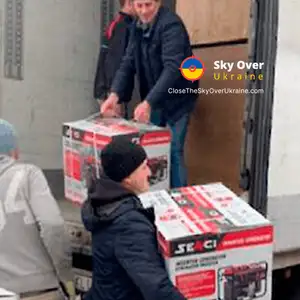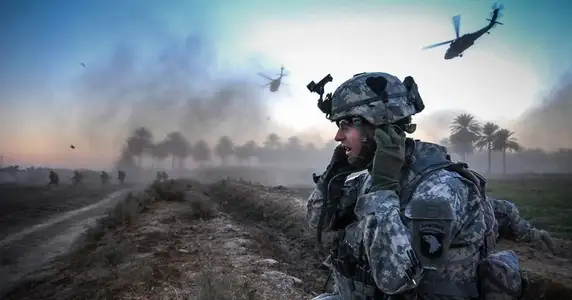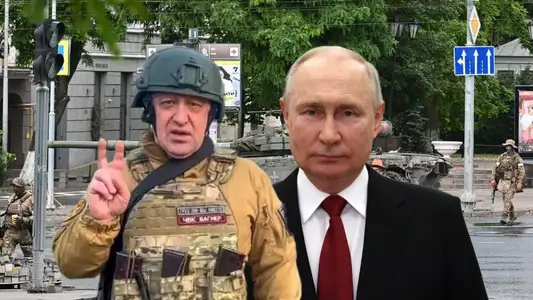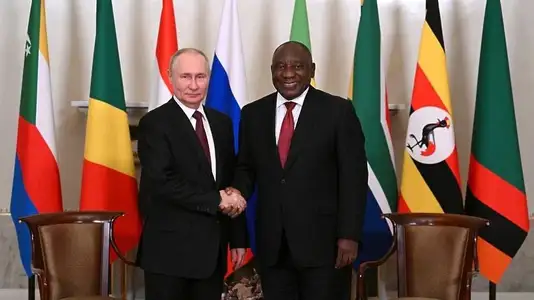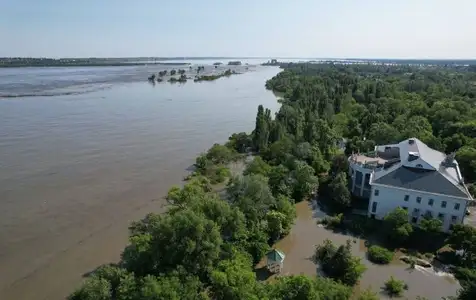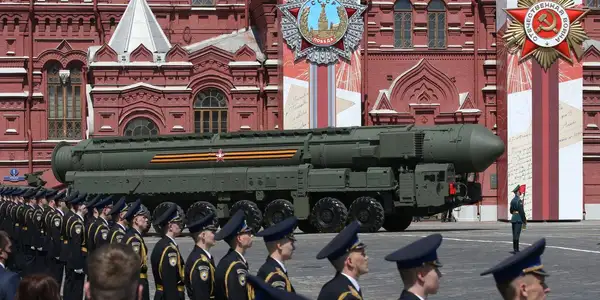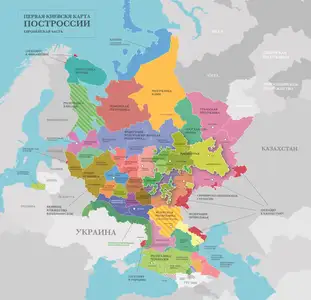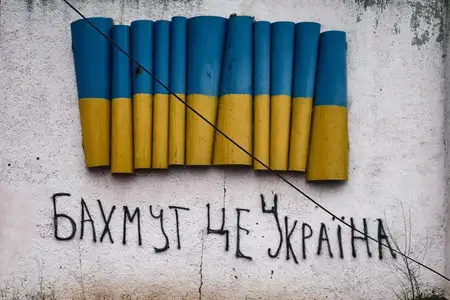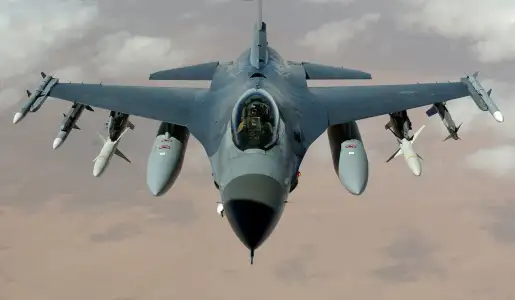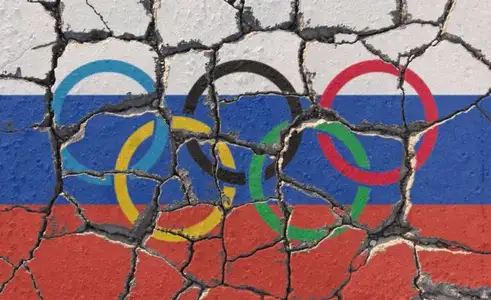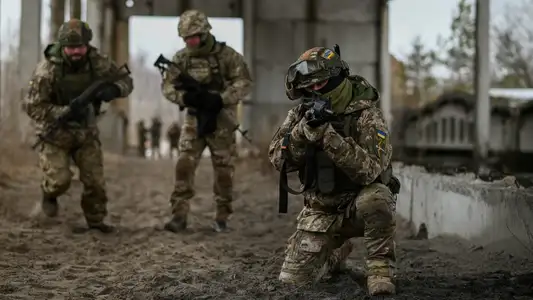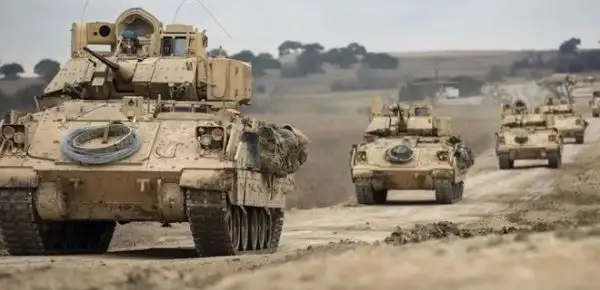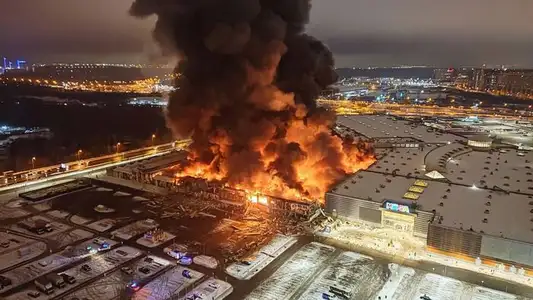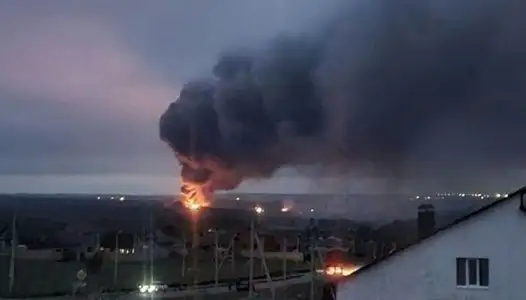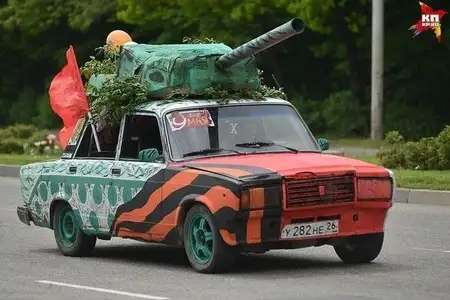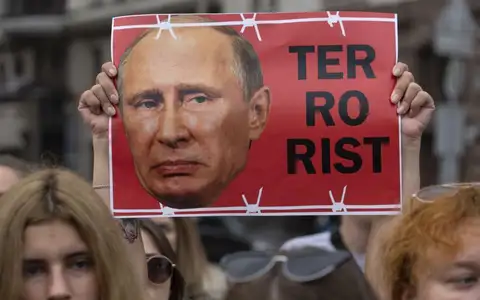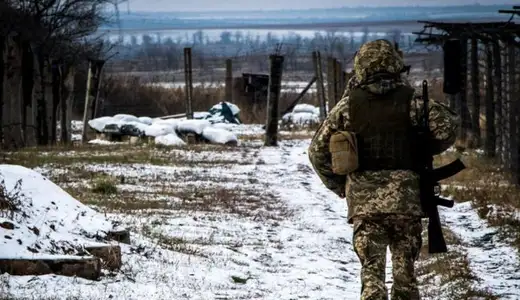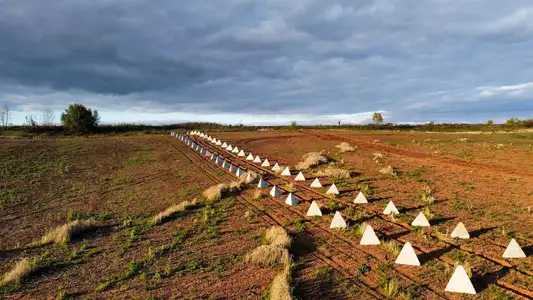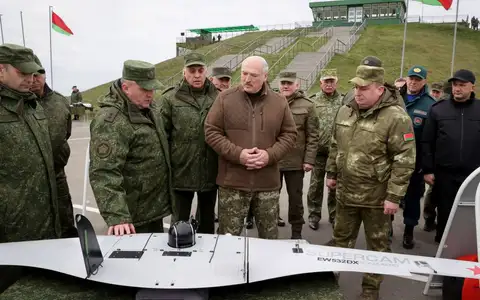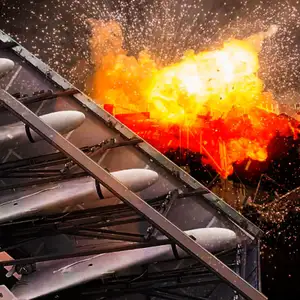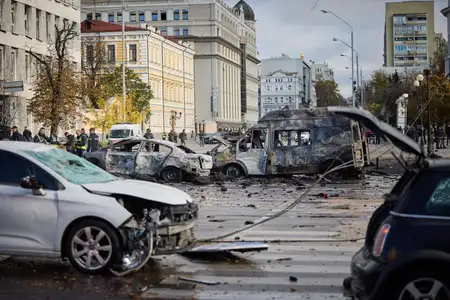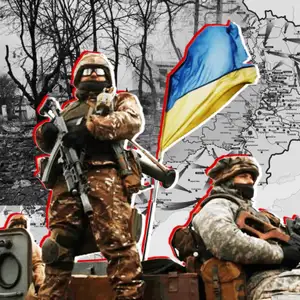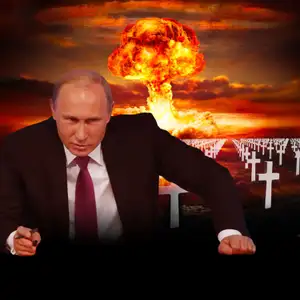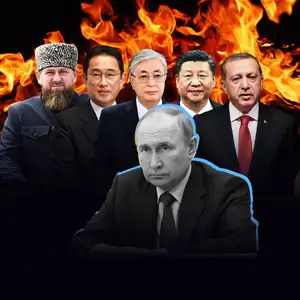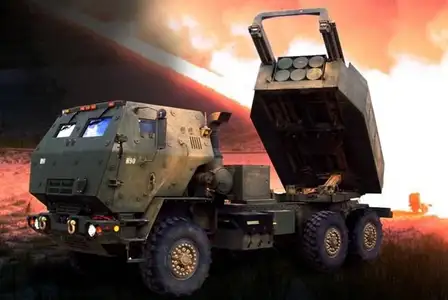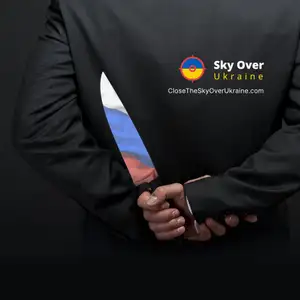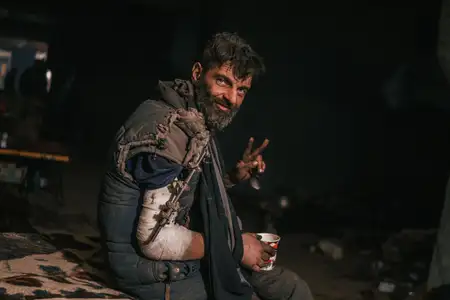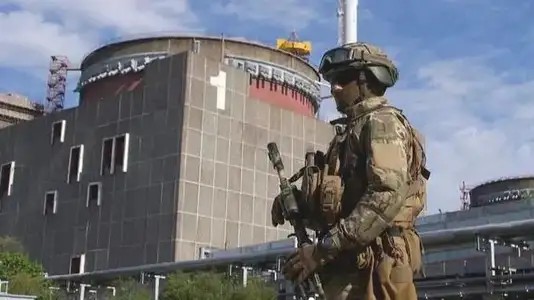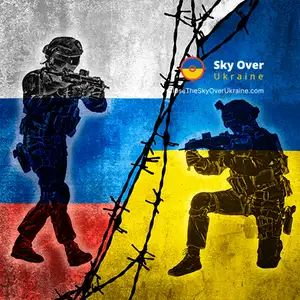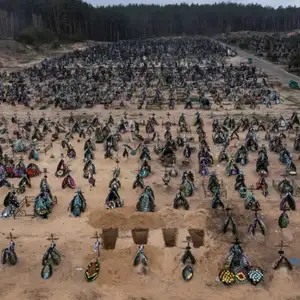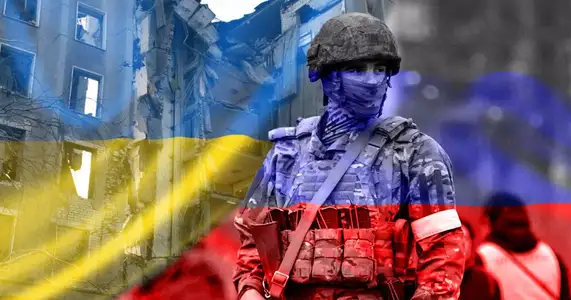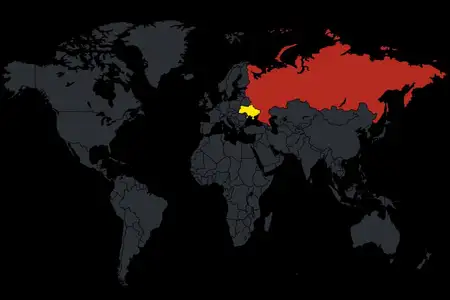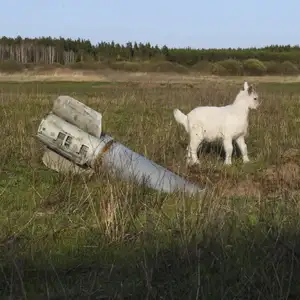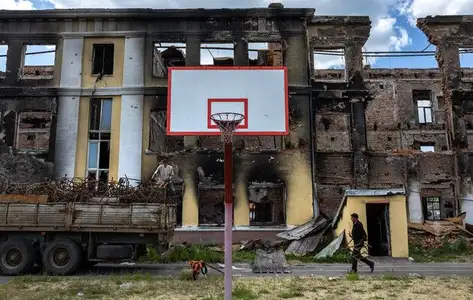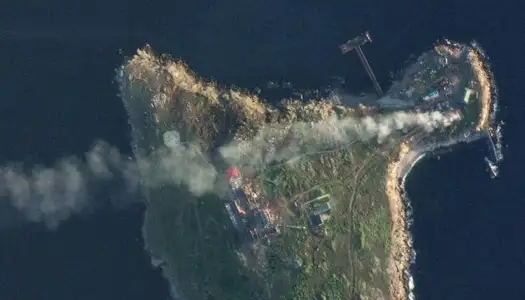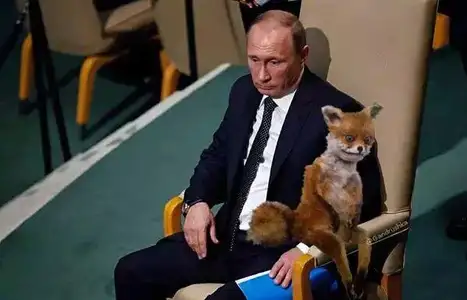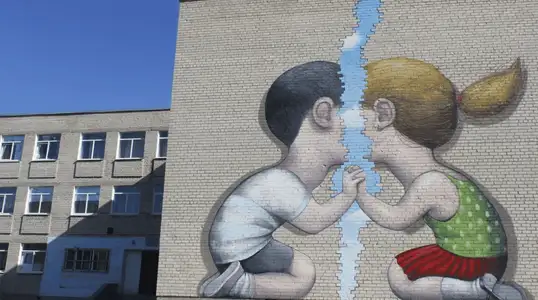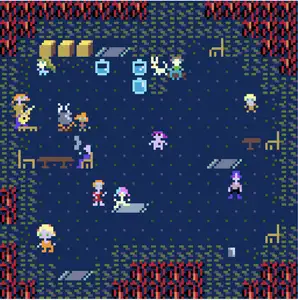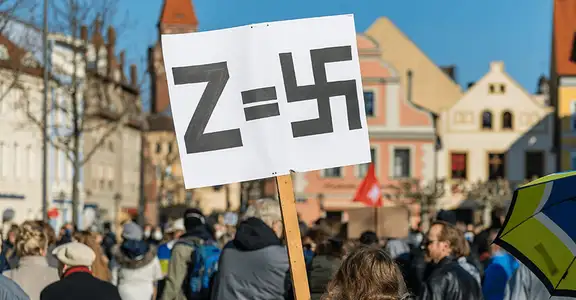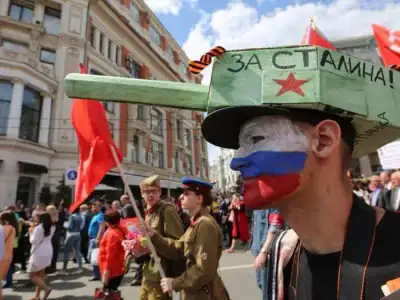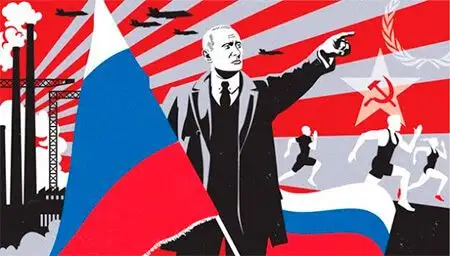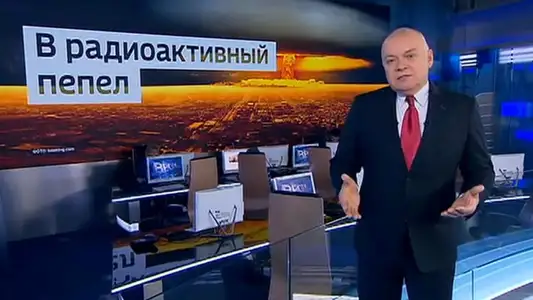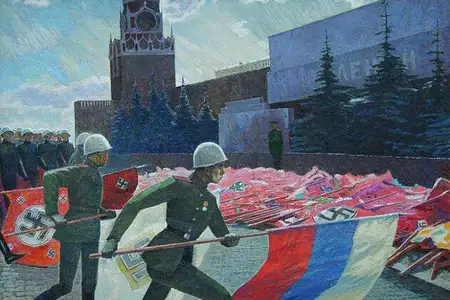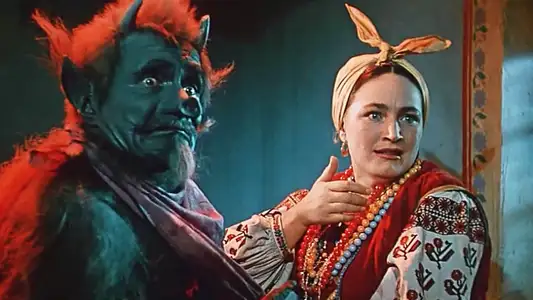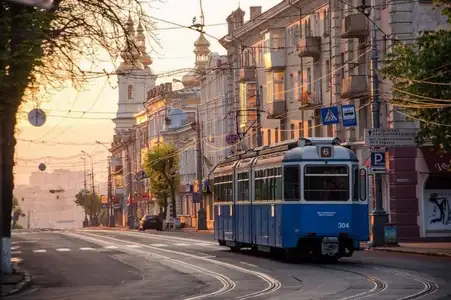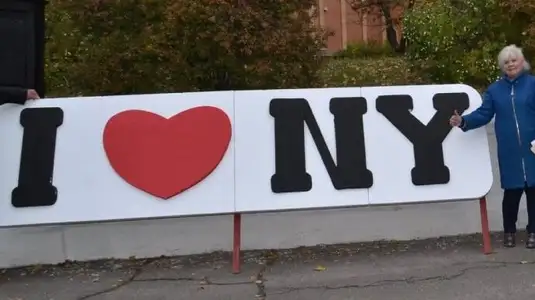Russian partisans and volunteers: a new force in the war?
One of the main "achievements" of Putin's aggression against Ukraine is the highest rise of patriotism in the country. It began with the Euromaidan in late 2013, and peaked with the full-scale invasion on February 24, 2022, when missile attacks and the mass entry of Russian troops into Ukraine began.
Curiously, a surge of patriotic sentiment began not only in Ukraine but in Russia itself. As for Ukrainian patriots, everything is clear: people are defending the integrity of their homeland, all citizens of Ukraine do not want to allow the splitting of the country and transition of some regions under direct Russian control.
The situation is much more interesting with the people of Russia. In recent years, especially after 2014, liberal sentiments have been quite strong in the Russian Federation. In 2022, however, Putin announced the so-called "special military operation," seeking to capture Kyiv "in three days”. And most of the former "freedom fighters" either fell silent or began to actively support the aggressive and deadlocked position of the Russian authorities toward Ukraine. However, prolonged silence can also be seen as passive support.
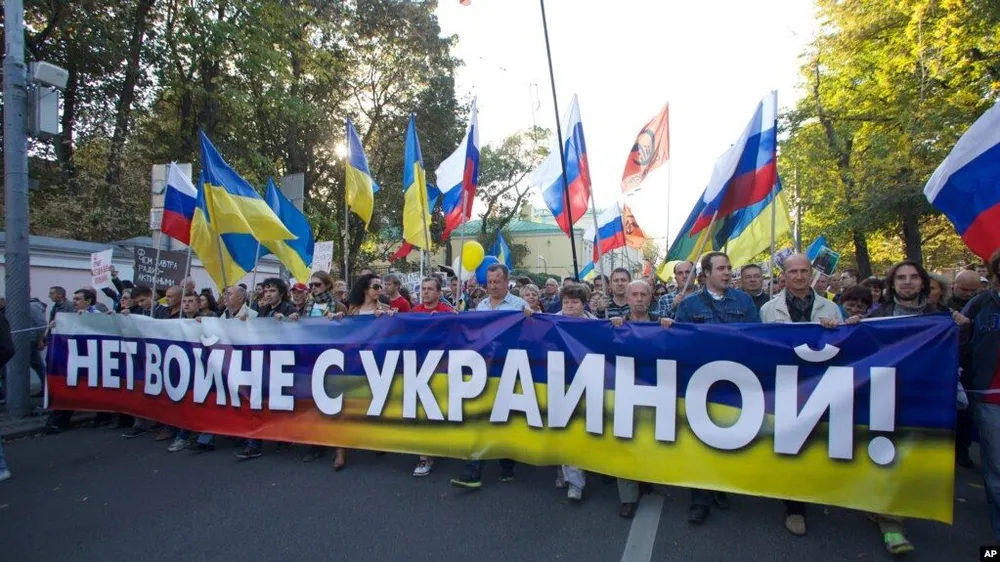
"Peace March" in Moscow in September 2014
In the first months of the full-scale invasion, there was hope for real liberal forces in Russia, who would like to avoid the expected collapse of their homeland in all spheres after the defeat in the war, but we could see no significant actions from their part, except for several rallies in a few cities.
As early as a year ago, there were numerous reports about the appearance in Russia and Ukraine of paramilitary (in Russian terminology “terrorist”) units actively working against the government and against the war with Ukraine. Among them are the Freedom of Russia Legion, the Russian Volunteer Corps, the Combat Organization of Anarcho-Communists, the National Republican Army, and others. These organizations signed a declaration of cooperation in Irpen on August 31, 2022. The first two eventually became part of the International Legion of Territorial Defense of Ukraine, which greatly facilitated the coordination of their actions both with each other and with the Ukrainian military command.
Most of their actions in Russia are not publicized, and conclusions about their organizers and results can only be drawn from the news. But the increasing number of incidents (explosions of military equipment, drone attacks, arson of state institutions, train accidents, etc.) hints at their active partisan activities. For example, since the end of February 2022, there have been dozens of arson attacks on military recruitment centers using Molotov cocktails. At the same time, more than sixty trains derailed throughout Russia, which is significantly higher than the usual statistics. It is not known how many of these cases were the responsibility of partisans, but the number indicates the presence of a substantial protest contingent.
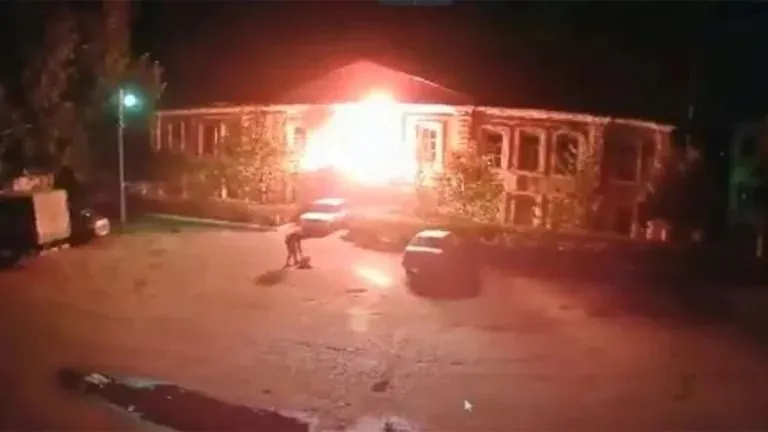
Arson of a military recruitment center in Russia
An interesting fact: Partisans on the territory of Belarus began acting from the first days, if not hours, of the full-scaled war, substantially damaging the railroad infrastructure and preventing the transfer of Russian troops by rail. This may indicate that they knew in advance about Russia's attack on Ukraine.
The under-reporting of details of operations on enemy territory is also due to the fact that the Russian Volunteer Corps (RDK) as well as the Freedom of Russia Legion (LSR), are official units of the Territorial Defense of Ukraine, which, among other things, can receive weapons from Western partners. Many countries that help Ukraine by supplying weapons require that they be used exclusively to protect the integrity of the country (i.e. on the sovereign territory of Ukraine).
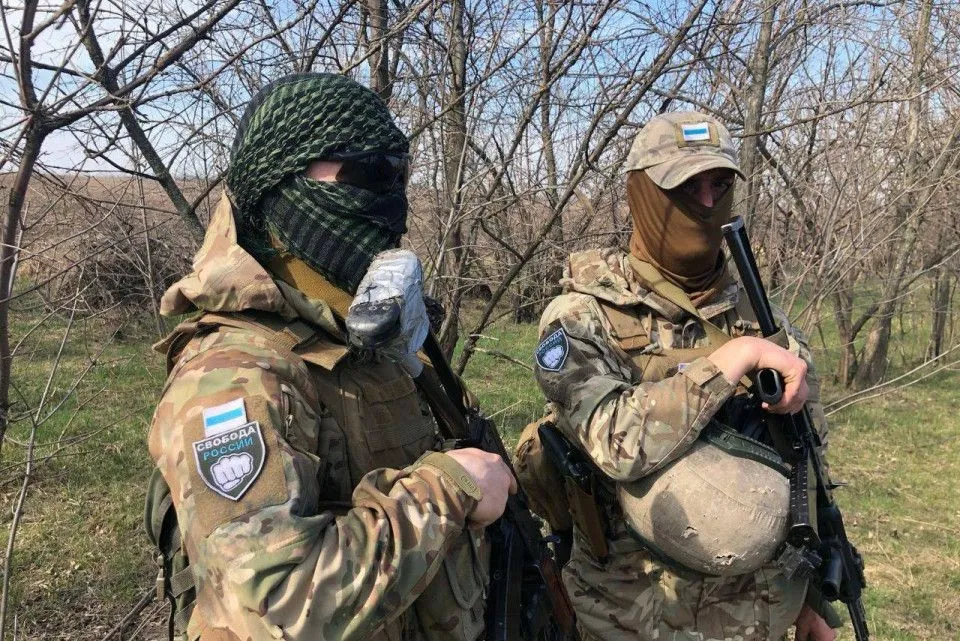
Soldiers of the Freedom of Russia Legion
The first notorious action of the Russian Volunteer Corps was entering the territory of the Russian Bryansk region on March 2, 2023. According to the organizers, 45 people took part in the operation. There were no casualties on either side. The leaders of the RDK appealed to the residents of the aggressor country to take up arms and proceed to active operations to overthrow the government. Later, there was information that the raid had been coordinated with the Ukrainian authorities, or at least they had been informed about it.
A much more striking operation was the incursion of the Russian Belgorod region by members of the aforementioned organizations on May 22, 2023. The partisans seized several villages and reached the district center of Graivoron. They also organized several armed actions in the city of Belgorod itself, in particular explosions in the buildings of the Federal Security Service (FSB) and the Ministry of Internal Affairs.
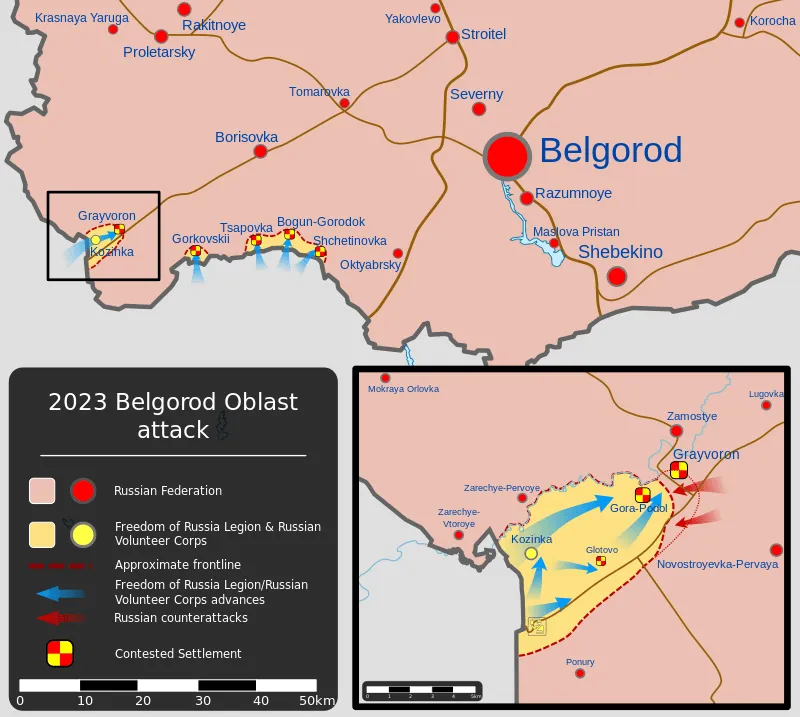
A map showing the May 2023 attack in the Belgorod region (Source)
Judging by the reaction of the Russian authorities, the operation came as a complete surprise to them, because the pro-Ukrainian forces had advanced too far into the Russian territory without encountering any significant resistance. The regional leaders urgently evacuated dozens of villages, whereas the pro-government media published reports on mass shelling of Russian settlements, multiple casualties on both sides, and destroyed equipment. The very next day the partisans fled the scene, but the goal was achieved. First, it was shown that Ukraine would not stop at its borders, but would defend its own statehood on the territory of the aggressor country as well. Second, the panicked and uncoordinated actions of the Russian army and the FSB could demonstrate the incompetence of these institutions and authorities to local citizens in general and encourage them to take active part in the partisan movement.
Earlier, a virtual project called “Belgorod People's Republic” (“BNR”) was created, with all the attributes of a state: flag, coat of arms, anthem, etc. This is a peculiar response to the emergence in 2014 of the puppet "Donetsk People's Republic" and "Lugansk People's Republic" on the territory of Ukraine with the direct participation of the Russian army.
It should not be considered military or political aggression on the part of Ukraine, which seeks only the return of its own occupied territories. The creation of a virtual “BNR” state is a symbolic step designed to show the Russians that even on their own territory they cannot feel protected by the authorities while the war is going on.
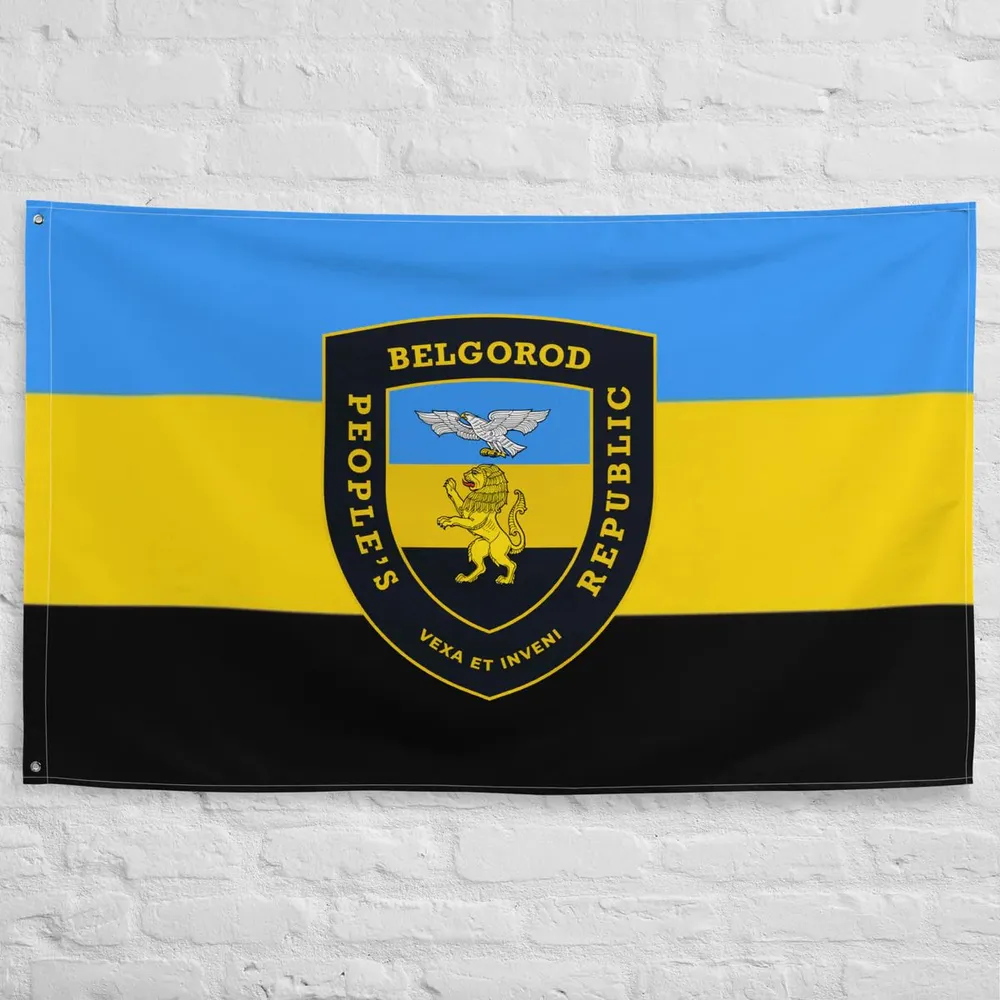
Flag of the “Belgorod People's Republic”
It seems that the capacity of the participants of the incursion was much greater both in terms of military equipment and manpower. With mass support from Russian citizens, the next actions could be more extensive, and entire regions of the aggressor country could be temporarily taken under control.
What is known about the leaders of the discussed movements?
The leader of the Russian Volunteer Corps is Denis Nikitin, born in Moscow, who has lived in Kyiv since 2017. He initially supported the Ukrainian Maidan in 2014 and befriended its activists. With the start of Russia's full-scale invasion, Dmitry formed a paramilitary unit consisting of Russians, including former Russians. In his words, "Russian people are fighting against Russia’s citizens”. He secured official recognition of the corps by the Ukrainian authorities and its incorporation into the Territorial Defense. The unit consists of experienced fighters who are not afraid of death. According to the leaders of the movement, they do not intend to surrender under any circumstances.
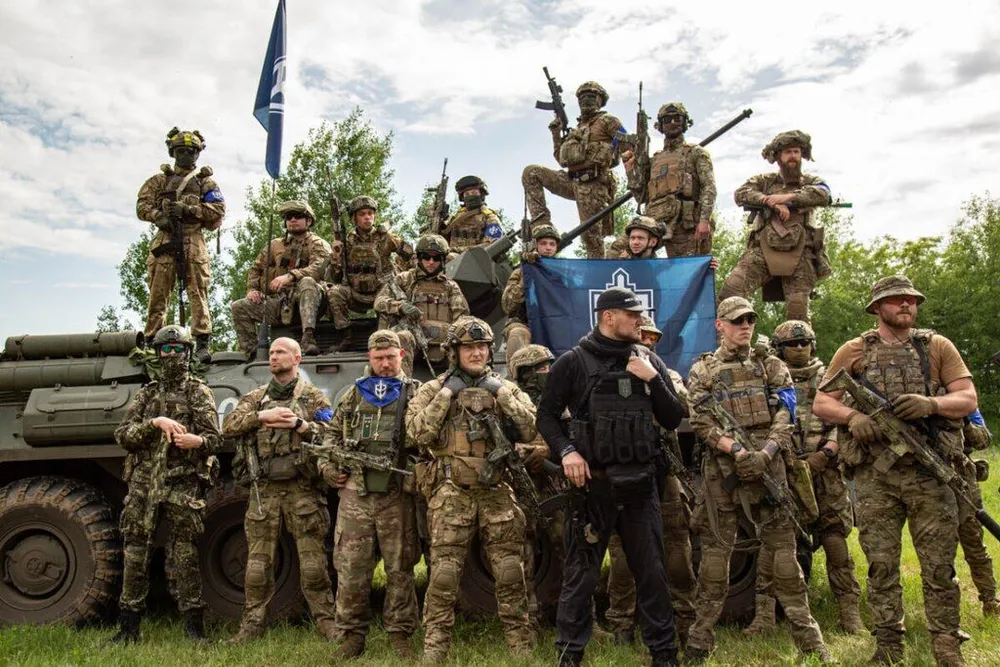
Members of the Russian Volunteer Corps on 24 May 2023. Denis Nikitin is in the middle foreground.
The leader, or at least the person in charge of the Freedom of Russia Legion is a man with the call sign Caesar, a Russian nationalist who supported Ukraine back in 2014. Very little is known about the composition of the Legion and its actions, and the Russian media have often reported that this is nothing more than a hoax from the Ukrainian side. However, the members of the Legion are actively engaged in information warfare, with agitation spread throughout Russia. According to their statements, the Legion finds more and more support among the population, as evidenced by the large number of stickers and inscriptions with their logos all over the country.
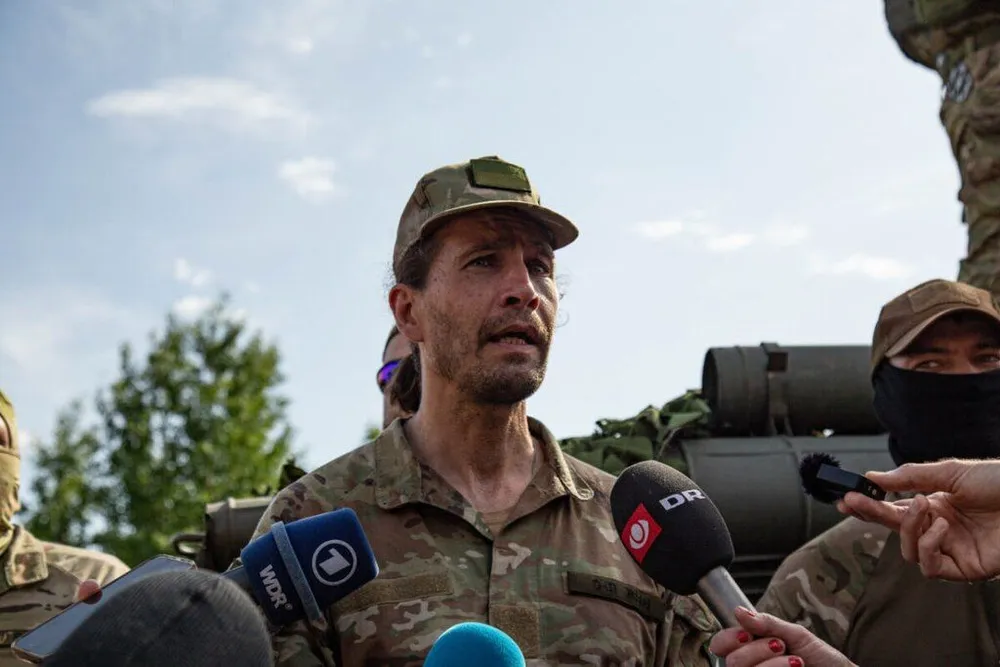
"Caesar", the spokesperson and deputy commander of the Legion in an interview
The coordinator of the political wing of the organizations that signed the Irpen Declaration is a Russian oppositionist, former State Duma deputy, and now businessman Ilya Ponomarev, who has Ukrainian citizenship since 2019. He was the only Russian deputy to vote against the annexation of Crimea in 2014. Despite this, he claimed in an interview that "Crimea is Russian land," and he condemned only the method of the "return". He also made other dubious statements about Ukraine, Maidan, etc.
He is directly associated with the partisan movement National Republican Army, about which almost nothing is known. There is an opinion that Ponomarev is pursuing his own, possibly commercial interests, and that the army is merely a cover for his activities and a field for PR on very favorable wartime ground. Some Russian opposition activists criticize Ponomarev for calling for terrorist attacks on Russian territory.
Little is known about the leaders and structure of the Combat Organization of Anarcho-Communists (BOAK); it positions itself as a decentralized community of people actively fighting Putin's regime, including with weapons in hand. BOAK has claimed responsibility for many railroad bombings. Dmitriy Petrov, who fought on the Ukrainian side and died fighting near Bakhmut, is said to be the founder of the organization. He is considered one of the founders of the active anarchist movement in Russia and its long-time ideologist. Petrov actively maintained ties with like-minded European organizations, probably helping them carry out their actions. The BOAK is actively recruiting new members in order to coordinate and intensify partisan activities on the territory of the aggressor country.
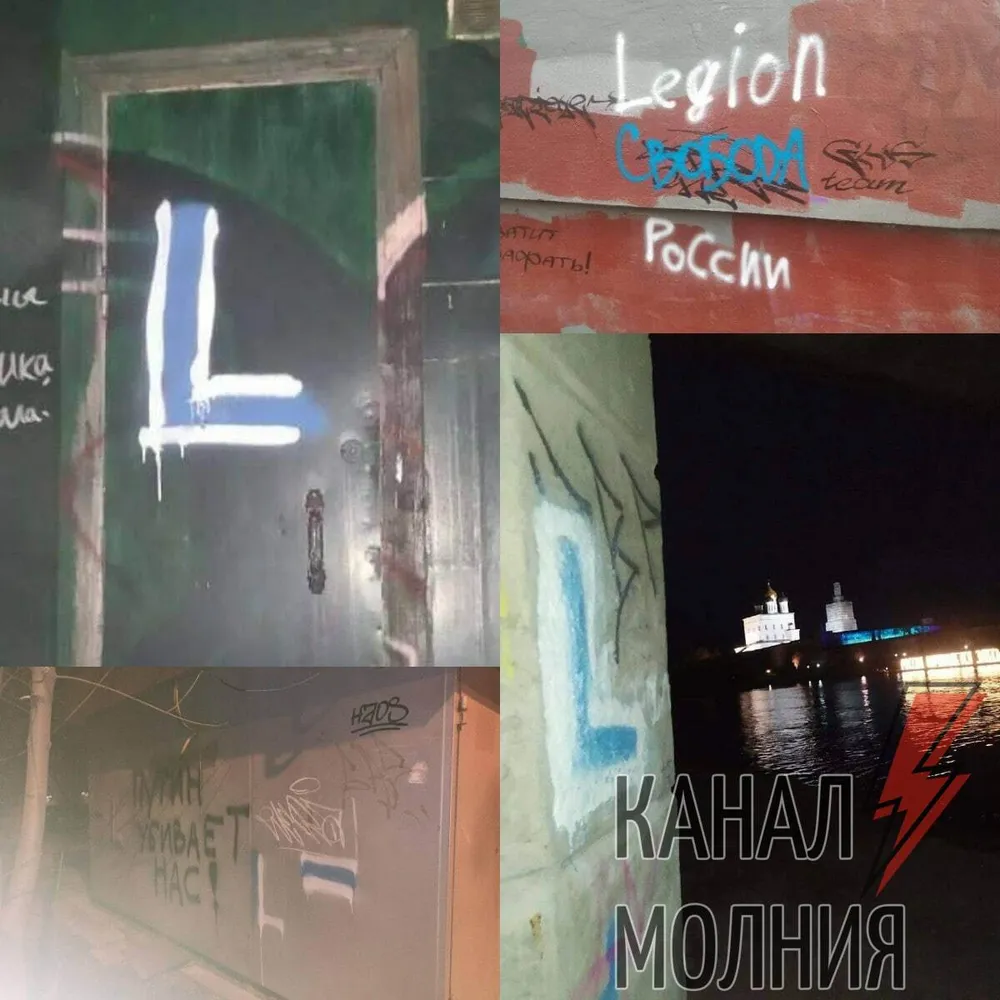
Inscriptions of the LSR on Russian streets
Undoubtedly, many partisan actions were carried out by loners, desperate to fight against the criminal authorities by legal means. However, the existence of a large number of partisan organizations and the emergence of new ones gives hope that actions in Russia will continue and that the fighters will be more active. It is important not to cross the line and not to cause discontent among ordinary citizens, because it will only benefit the authorities.
An important point is also the awareness of Ukraine's military leadership of the ongoing actions of pro-Ukrainian partisan organizations. This will help to coordinate actions, increase their effectiveness, and bring the partisan struggle to a large-scale all-Russian level.
The other side of the coin is the reluctance of Western partners to use the weapons they have transferred outside of Ukraine. It is unlikely that this will lead to an escalation of the international conflict at the moment, but it could spoil Ukraine's image as a state fighting for peace and liberation of its territories, a state without imperial and invasive ambitions.
Serhii Kolomiets
